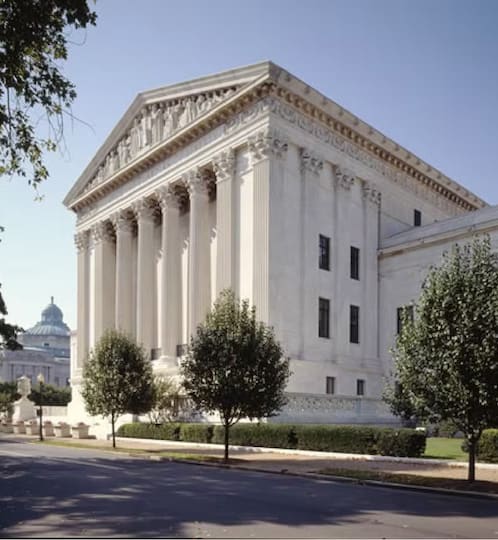
On June 29, 2023, the U.S. Supreme Court ruled that the race-based admission programs at two universities are unconstitutional, severely limiting the consideration of race as a factor in other university admissions.
The decision runs counter to the work we do at the Center for Indigenous Health to build a diverse workforce that serves diverse communities. The anti-affirmative action movement is largely based on the idea of individual rights over collective benefits, and further, a transactional approach to higher education inconsiderate of systematic needs. And yet, the larger role for universities and higher education is to meet the needs of society.
The Supreme Court’s misguided decision changes nothing about our center’s commitment to supporting current and future Indigenous health professionals in their educational and professional development. Enrolled tribal membership is a political designation, akin to having in-state status at a state university. The Supreme Court has said, in 1974, that hiring preferences for Indigenous peoples were not racial preferences, since Indigenous peoples in the U.S. are members of sovereign tribal entities. Earlier this month, the Supreme Court further supported Tribal Sovereignty and unique political standing in upholding the Indian Child Welfare Act. Writing for the majority, Justice Neil Gorsuch stated, “Our Constitution reserves for the tribes a place—an enduring place—in the structure of American life. It promises them sovereignty for as long as they wish to keep it.”
Through our programs and partnership with tribes, the Johns Hopkins Center for Indigenous Health will continue to work as we have for more than two decades toward providing advanced training and academic tools to strengthen Indigenous communities from the inside out.
- Read a statement from Johns Hopkins University president Ron Daniels about the Court’s decision on affirmative action.
- Learn more about training and scholarships at the Center for Indigenous Health
– Allison Barlow, Melissa Walls, and Donald Warne